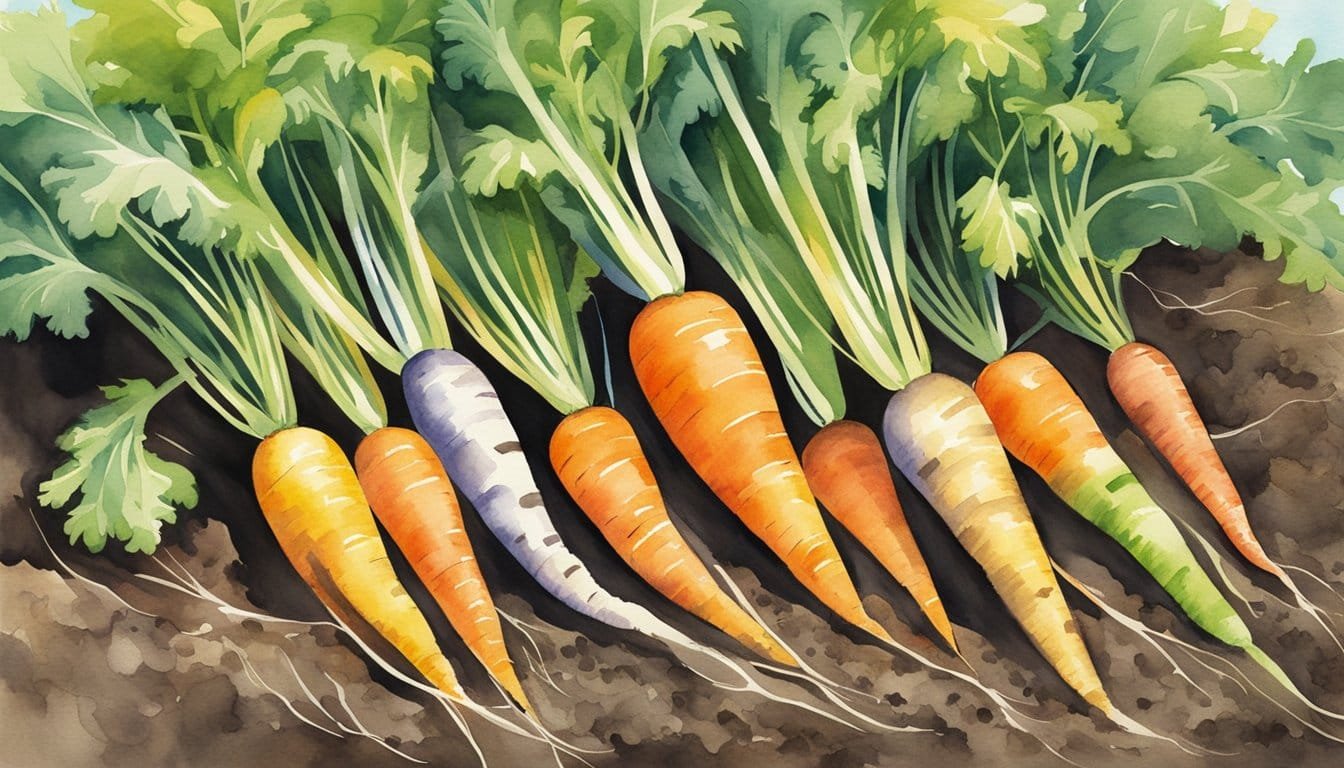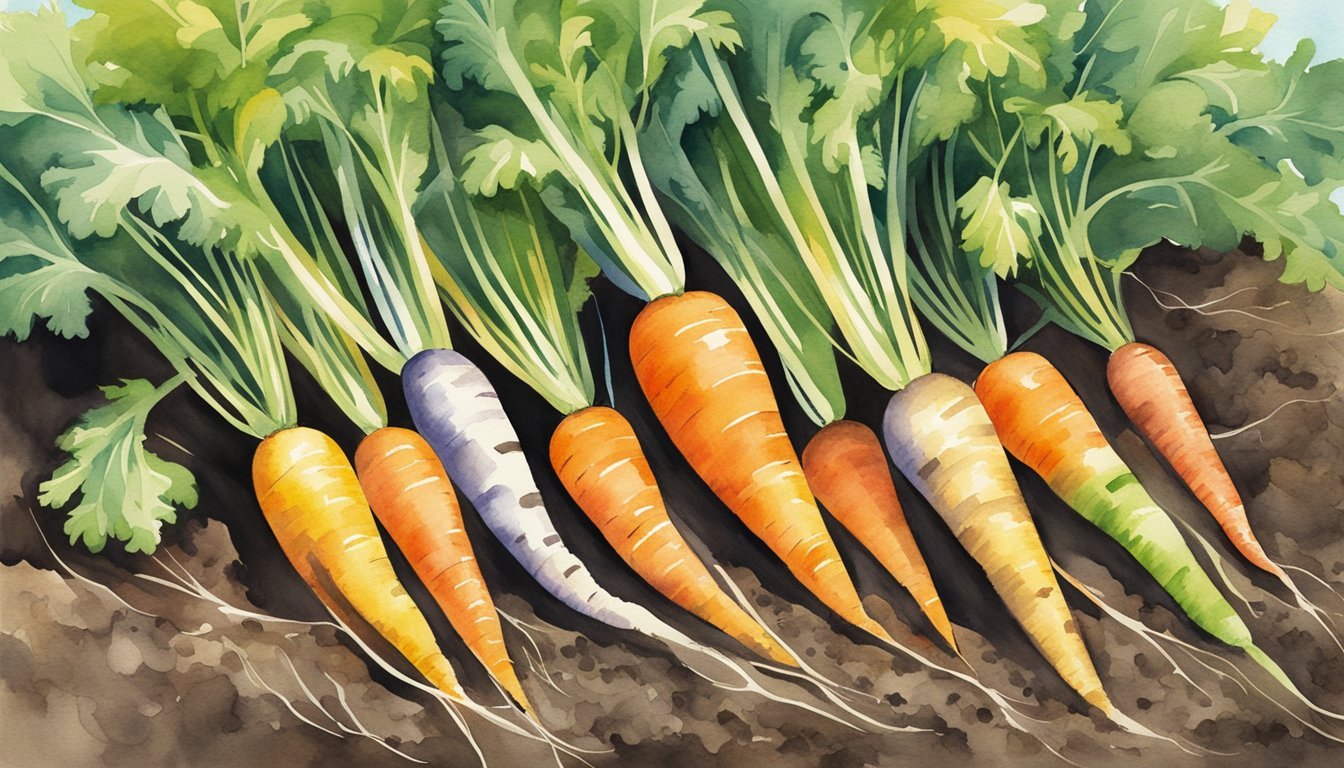Carrots and Vision
Exploring the relationship between carrots and vision unfolds a tale that intertwines myth, nutrition, and science. Let’s peel back the layers of this vibrant vegetable to understand its true impact on eye health.
History of the Carrot-Vision Myth
During World War II, a compelling story took root: eating carrots might grant a person night-vision superpowers. The myth was part of a propaganda campaign by the British government to mislead the enemy about the Royal Air Force’s radar capabilities. People were led to believe that the RAF’s successful night missions were due to pilots’ consumption of carrots, enhancing their night vision.
Nutritional Profile of Carrots
Carrots pack a crunch that’s rich in vital nutrients. They are a prime source of beta-carotene, a compound the body converts into vitamin A, which is essential for maintaining good vision. Vitamin A deficiency can lead to significant eye problems, including night blindness. Carrots also come with a host of other nutrients including fiber, vitamin K1, potassium, and antioxidants.
The Role of Beta-Carotene and Vitamin A
Beta-carotene is the most famous nutrient in carrots when it comes to eye health. It helps maintain proper vision by being converted into retinol, a form of vitamin A that is critical for the health of the retina, especially the macula, an area responsible for central vision. Vitamin A also aids in the production of rhodopsin, a protein that allows the eyes to see in low light. Additionally, the antioxidants in carrots help protect eyes from damaging free radicals, supporting overall eye health. As fat-soluble compounds, both beta-carotene and vitamin A need dietary fats for optimal absorption.
Nutrition and Eye Health

Optimal nutrition is key for maintaining healthy eyes. Specific nutrients can significantly impact the risk and progression of eye disorders, with certain vitamins and minerals playing starring roles.
Eating for Healthy Eyes
A well-rounded diet rich in fruits and vegetables is a feast for the eyes, quite literally. Foods like carrots are famous for their beta-carotene, which the body converts into vitamin A, crucial for preventing vision loss and conditions like night blindness. The National Eye Institute suggests that antioxidants such as vitamin E, found in almonds, and vitamin C, prevalent in mangoes, work together to protect the eyes. These antioxidants help to maintain healthy cells and tissues in the eye, combating age-related damage.
Moreover, omega-3 fatty acids, abundant in salmon, are linked to lower rates of macular degeneration and may assist in alleviating symptoms of dry eye. In addition to vitamins and antioxidants, minerals like zinc, integral to vitamin A’s effectiveness, support the immune system and help maintain the eyes’ health.
Understanding Eye Disorders
Several key nutrients help stave off common eye disorders. For example, cataracts, the clouding of the lens, have been shown to progress more slowly with a diet high in antioxidants. Similarly, macular degeneration, a leading cause of blindness, may be kept at bay with lutein and zeaxanthin, powerful carotenoids found in green, leafy vegetables.
While no single food can guarantee perfect vision, a diet with a colorful array of foods can support eye structure and function. It’s not just carrots; a rainbow plate promotes a pair of rainbow peepers.

